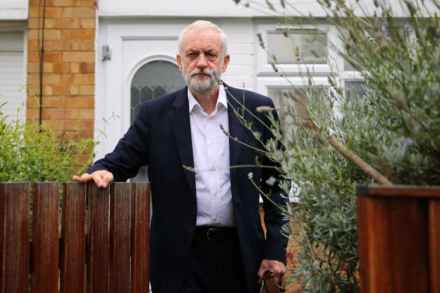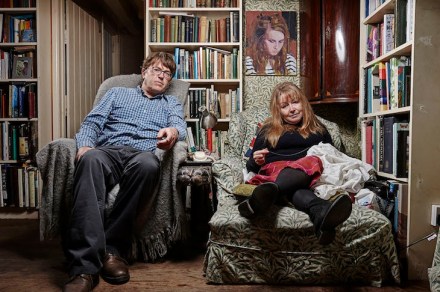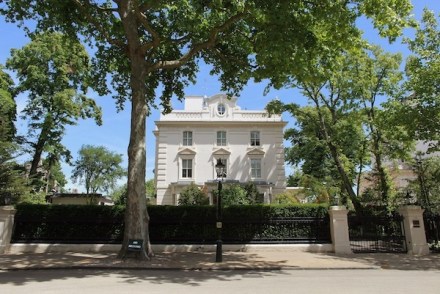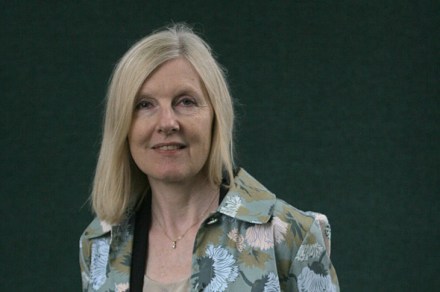Something is badly wrong with the housing market – so why aren’t we talking about it?
In 1991, 67 per cent of 25- to 34-year-olds owned their own home. In 2016, that figure had fallen to 38 per cent. The average house price in the UK is eight times the average wage, this ratio having doubled since 1998. Half of first-time buyers in Britain are now dependent on the Bank of Mum and Dad, rising to two-thirds in London and the south-east. Over the past 20 years, the proportion of people living in the private rented sector has doubled. There are one million more 18- to 34-year-olds living with their parents than there were in 2002. Between the mid-1950s and the mid-1990s (expressed in 2016 prices)
















